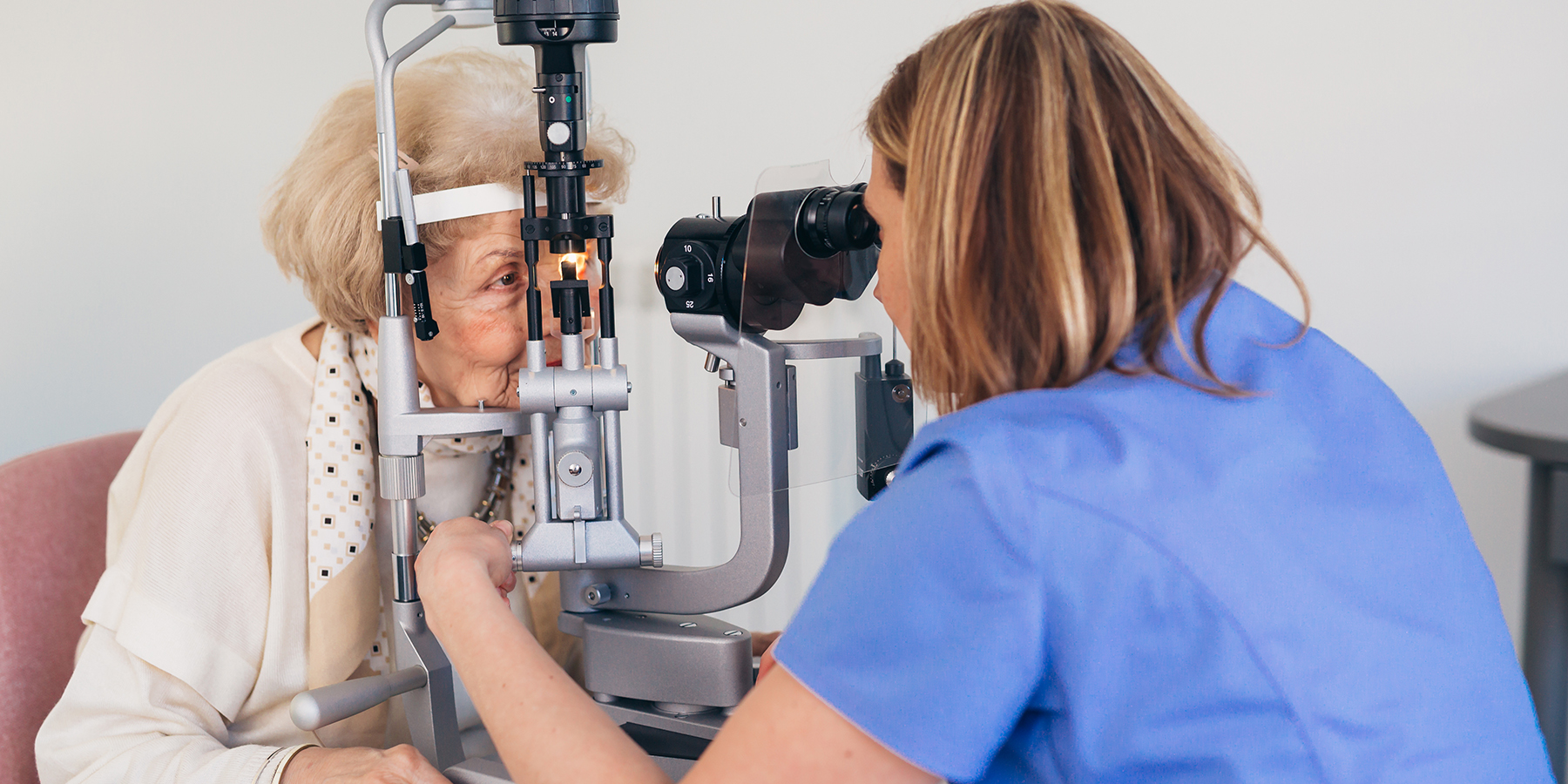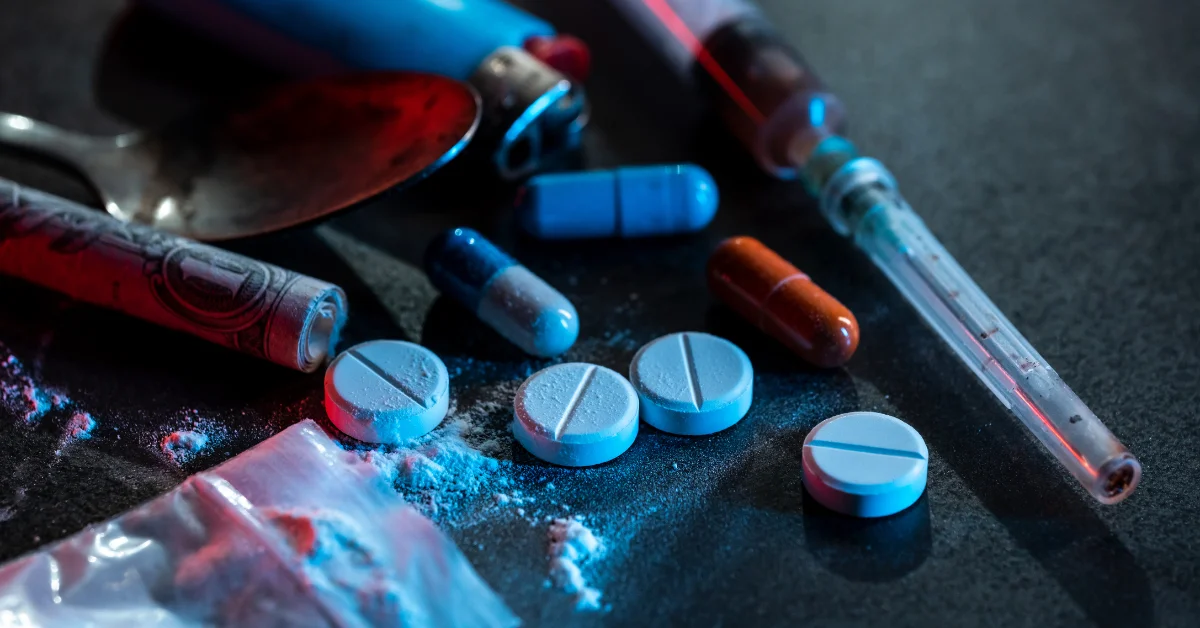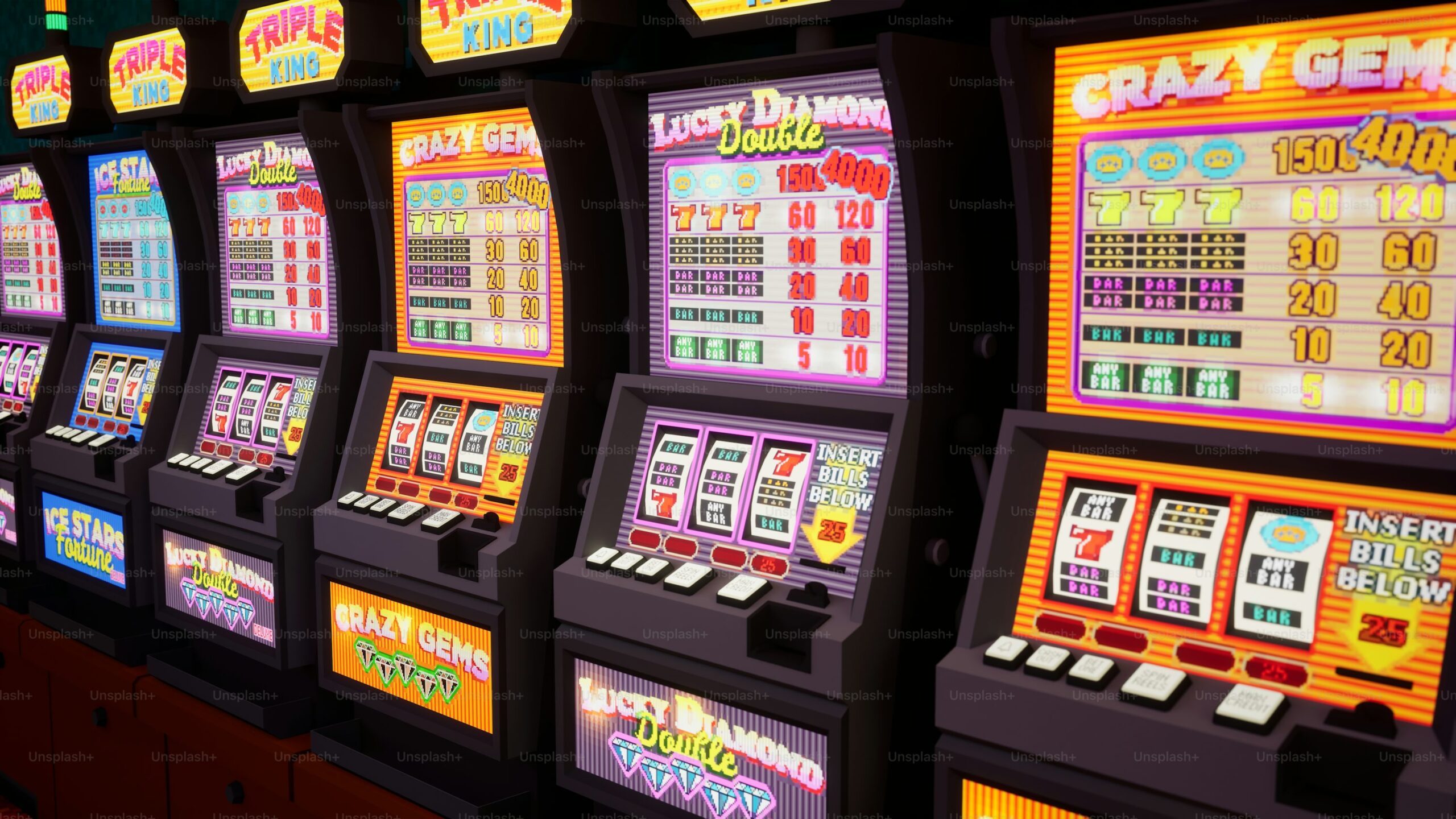
When I visit my eye doctor, I always feel like I’m taking a big step for my eye health. My eye doctor checks my vision and makes sure my eyes are healthy. This visit is important because it helps find problems early before they can become serious.
During my appointments, my eye doctor often talks about things like dilating my eyes. This means they use special drops to make my pupils bigger. It may feel a little strange, but it helps my eye doctor see inside my eyes better. This way, they can check for issues like glaucoma or diabetic retinopathy, which I might not notice until it’s too late.
What to Expect When Visiting My Eye Doctor
When I go to see my eye doctor, I know I will get a thorough eye exam. The visit usually starts with some questions about my health. Here are some things to expect:
- Vision Tests: I will read letters from a chart to check my vision.
- Eye Pressure Check: My doctor will use a small machine to measure the pressure in my eyes.
- Dilating Drops: If needed, they will put drops in my eyes to see better.
These tests help my eye doctor understand how well my eyes are working. I might also have to answer questions about any problems I’ve had with my eyes. This information is important for my doctor to help me better.
How My Eye Doctor Detects Hidden Eye Issues
My eye doctor is skilled at finding hidden problems in my eyes. Some issues can sneak up on me without any signs. That’s why my doctor uses special tools to look inside my eyes. Here’s how they do it:
- Fundus Photography: This is a special camera that takes pictures of the back of my eye.
- Optical Coherence Tomography (OCT): This test shows the layers of my retina in great detail.
By using these tools, my eye doctor can spot problems early. If they see something unusual, they can help me before it becomes a bigger issue. This is how my doctor keeps my vision clear and bright.
Tips for Preparing for My Eye Doctor Appointment
Before I visit my eye doctor, there are a few things I can do to prepare. Being ready helps the appointment go smoothly. Here are some helpful tips:
- Write Down Questions: I should write down any questions I have about my eyes.
- Bring Glasses or Contacts: If I wear glasses or contacts, I should bring them along.
- Plan for Bright Lights: After dilation, my eyes might be sensitive to bright light, so wearing sunglasses can help.
Preparing for my appointment is important for my eye health. By following these tips, I can make sure I get the most out of my visit. My eye doctor is here to help me see my best!
The Role of My Eye Doctor in Maintaining Healthy Vision
My eye doctor plays a big part in keeping my vision clear and healthy. They don’t just check my eyes during appointments; they also help me learn how to take care of them every day. Here are some ways my eye doctor supports my eye health:
- Eye Safety Advice: They remind me to wear sunglasses when it’s sunny outside. This helps protect my eyes from harmful UV rays.
- Healthy Habits: My doctor talks to me about eating fruits and vegetables that are good for my eyes. Foods like carrots, spinach, and fish can help keep my vision sharp.
Having regular visits means my doctor can track any changes in my eyes over time. They also explain how different things can affect my vision, like screen time and lighting at home. This knowledge helps me make better choices for my eye health.
Signs I Should See My Eye Doctor
Sometimes, I might notice signs that tell me it’s time to visit my eye doctor. It’s important to listen to my body and pay attention to my eyes. Here are some signs that I shouldn’t ignore:
- Blurred Vision: If things start looking fuzzy, I should schedule an appointment.
- Headaches: Frequent headaches can be a sign that my eyes are straining.
- Seeing Flashes or Spots: If I see sudden flashes of light or floating spots, it’s important to see my doctor quickly.
Recognizing these signs early helps catch any problems before they get worse. It’s always better to be safe and talk to my eye doctor about any concerns I have. They are there to help me.
FAQs
Q: How often should I visit my eye doctor?
A: You should see your eye doctor every one to two years, or more often if you have vision problems.
Q: What happens during an eye exam?
A: During an eye exam, the doctor checks your vision, looks at the inside of your eyes, and may use special drops to dilate your pupils.
Q: Do I need to bring anything to my appointment?
A: It’s a good idea to bring your glasses or contacts, and write down any questions you have.
Q: Is it normal for my eyes to be sensitive after dilation?
A: Yes, it’s normal! After dilation, your eyes may be sensitive to light for a little while.
Q: What should I do if I notice changes in my vision?
A: If you see blurry vision or flashes of light, you should visit your eye doctor as soon as possible.
Conclusion
In visiting my eye doctor is super important for my eye health. They help me see clearly and keep my eyes safe from problems. Regular check-ups allow my doctor to catch any issues early, so I can get the help I need. Learning about eye care is fun, and it helps me take better care of my eyes every day.
I feel good knowing that my eye doctor is there to support me. By going for eye exams, asking questions, and following their advice, I can enjoy healthy vision for a long time. Remember, taking care of your eyes is just as important as taking care of the rest of your body!







